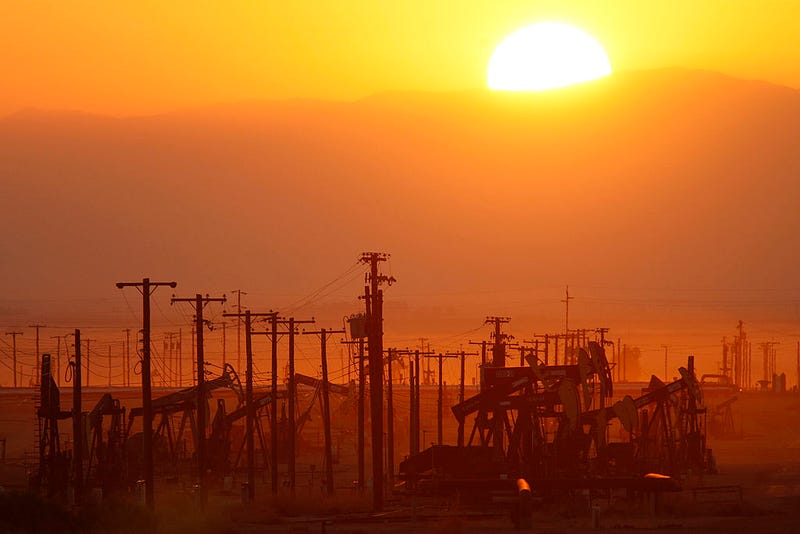
A ban on fracking – a method of extracting oil and gas from the Earth through the injection of high-pressure fluid – off the California coast will stand, as the U.S. Supreme Court refused to hear a challenge to it this week.
“California’s amazing coast and vulnerable marine life deserve this victory, which will protect the ecosystem from the many dangers of offshore fracking,” said Kristen Monsell, oceans legal director at the Center for Biological Diversity.
In 2014, the Environmental Defense Center filed a lawsuit to stop fracking at certain wells in the Pacific Ocean when it discovered that 50 permits “had been issued by the federal government without any public or environmental review,” through Freedom of Information Act requests. Additionally, the Center for Biological Diversity, the Wishtoyo Foundation, the Santa Barbara Channelkeeper, and the State of California have participated in lawsuits on the matter.
Last year, the 9th U.S. Circuit Court of Appeals ruled that the federal government violated the National Environmental Policy Act, Endangered Species Act and Coastal Zone Management Act. That ruling forbids the Interior Department from issuing fracking permits until it completes an Endangered Species Act consultation and an Environmental Impact Statement.
Following the ruling, the American Petroleum Institute, ExxonMobil and DCOR, LLC, intervened as defendants in the case and asked the Supreme Court to review the 9th Circuit’s decision.
“The Supreme Court was right to reject the oil industry’s latest attempt to allow fracking and acidizing in our waters with zero meaningful environmental review,” said Maggie Hall, senior attorney at EDC. “The Santa Barbara Channel is one of the most ecologically rich and important regions in the world. As the climate crisis escalates, ending these destructive extraction practices is a matter of survival – not just for the whales, otters and other animals in the Channel, but for all life on earth.”
Research cited by the EDC indicates that chemicals used for offshore fracking could kill or harm a variety of marine life. Mati Waiya, executive director of the Wishtoyo Foundation, a native led non-profit dedicated to the protection of Chumash lifeways and cultural resources, also explained that preventing pollution from fracking is part of an effort to conserve the marine ecosystem of the Chumash people.
“The fracking ban will help prevent more toxic chemicals from poisoning fish, sea otters and other marine life, said Monsell. “But our ocean won’t be truly protected until offshore drilling stops once and for all. We hope this is the beginning of the end of drilling off California’s coast.”


